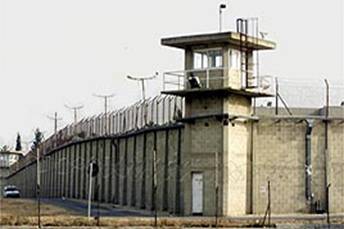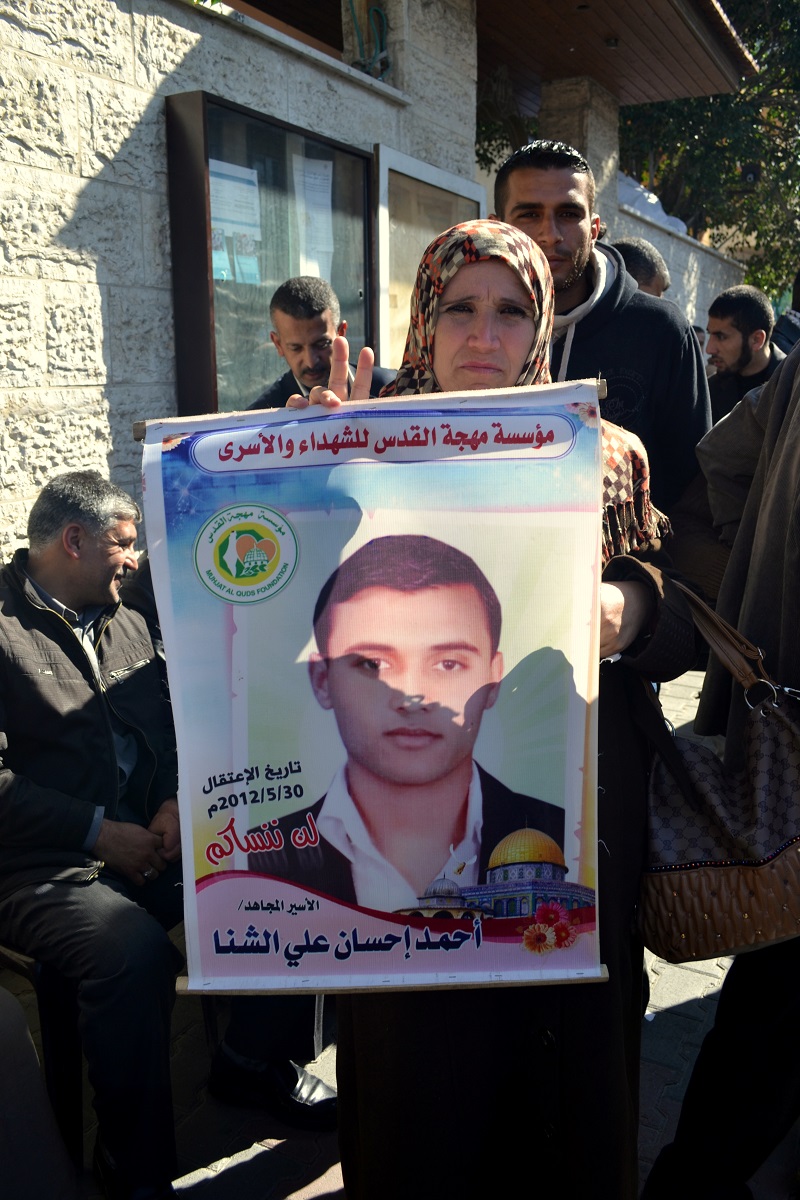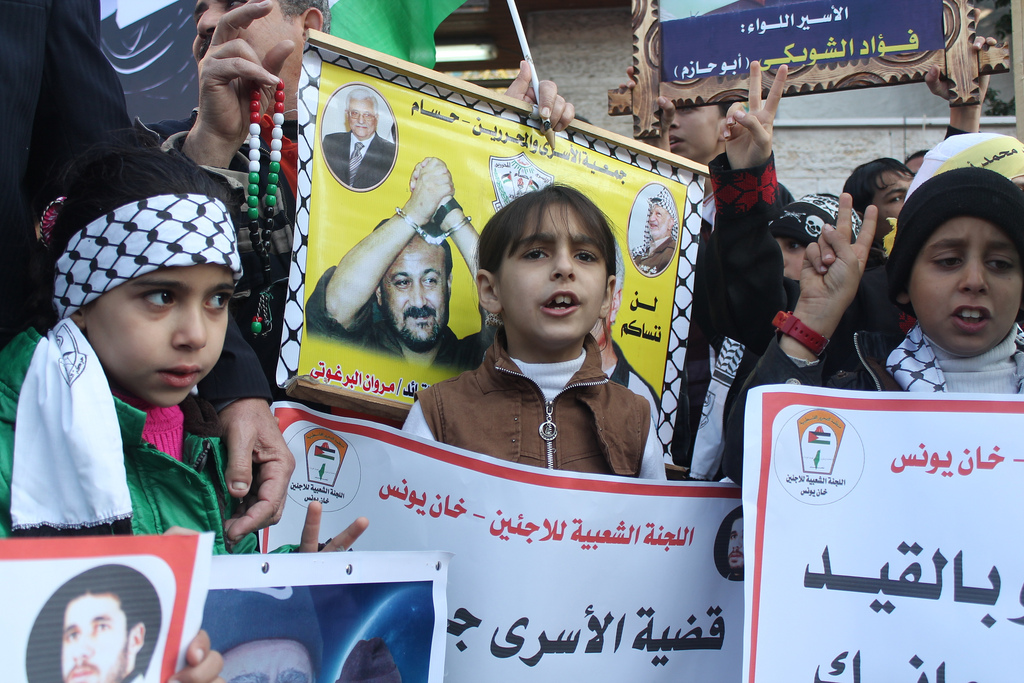Tag: Prisoner Release
-
‘I can’t give you information about your health, it’s a security matter’
7th March 2014 | Corporate Watch, Tom Anderson and Therezia Cooper | Gaza, Occupied Palestine International action has been called for in solidarity with prisoners held in Israeli jails. Corporate Watch has been investigating the companies involved in the Israeli prison system and interviewing ex-prisoners. This interview is part of a series of articles which will be released over…
-
“I hope one day all the Palestinian prisoners in Israeli jails will win their freedom”
11th February 2014 | International Solidarity Movement, Gaza Team | Gaza, Occupied Palestine Friends and relatives, as well as local and international activists, gathered Monday morning at the International Committee of the Red Cross in Gaza to demonstrate, like every week, in support of the Palestinian prisoners in Israeli jails. “My cousin was arrested during…
-
Gaza welcomes freed Palestinian detainees, rallies for others in illness and isolation
15th January 2014 | International Solidarity Movement, Marco Varasio | Gaza, Occupied Palestine Like every Monday morning, people gathered at International Committee of the Red Cross’ Gaza office to demonstrate in solidarity with the Palestinian prisoners in Israeli detention facilities. This week’s rally started with the chanting of slogans against the illegal detention of Palestinians…



